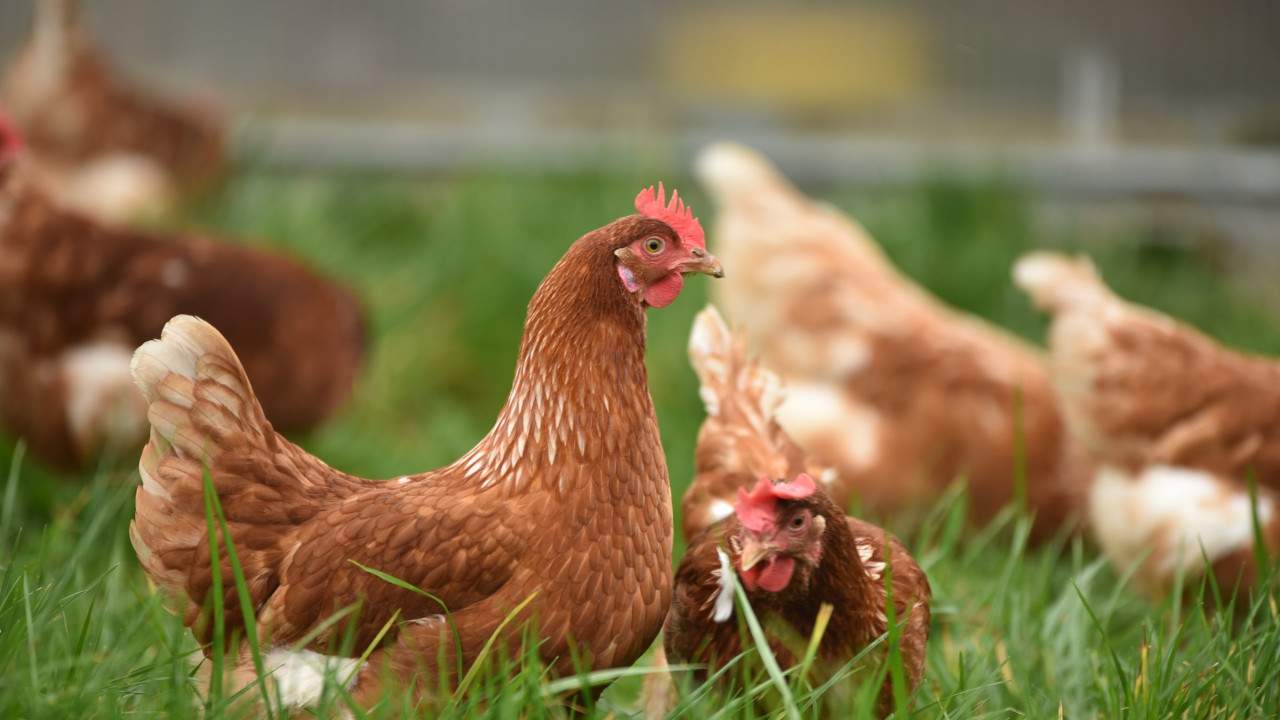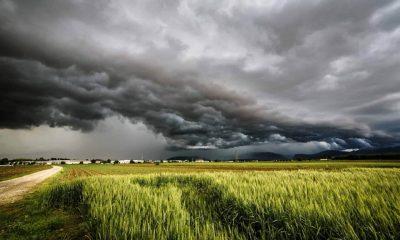Loadshedding
Power outages take a toll on Gauteng’s poultry industry

Load shedding is hurting the Gauteng poultry industry. In addition, due to the ongoing electricity crisis, Gauteng residents may have to pay more for essential food items like chicken. According to IOL, Bronwynn Engelbrecht, the DA Gauteng spokesperson for Agriculture and Rural Development, says the poultry industry in Gauteng is facing severe challenges because of the continuous rolling blackouts.
Engelbrecht highlighted that during stage 5 load shedding, the slaughterhouse programme is interrupted, and chickens are usually slaughtered at six weeks as they are the right size needed for fast food restaurants and retailers. Slaughtering occurs 24 hours a day, five days a week, but rolling blackouts at stages 5 and 6 create a backlog in the slaughtering process.
Also read: Non-paying customers will not get service from City Power
“This means the chickens are older, larger, and consume more feed. The price of chicken has risen, leading to fewer consumers purchasing the product. Furthermore, the market for larger chickens is limited,” added Engelbrecht. She further stated that farmers are facing challenges with larger chickens roaming around, leading to increased feed requirements.
Engelbrecht says the provincial government seems unmoved that load shedding is hurting the Gauteng poultry industry. She called for the provincial government to provide incentives for rooftop solar installations and allow excess electricity to be fed back into the grid to alleviate the situation.
Engelbrecht stressed that the poultry industry is essential for food security. Therefore, the government should prioritise finding solutions to the electricity crisis to minimise the impact on the industry and consumers. “The current situation is untenable, and we need to act now to prevent further harm to the industry,” she concluded.
Also read:
Picture: Unsplash / Thomas Iversen






















